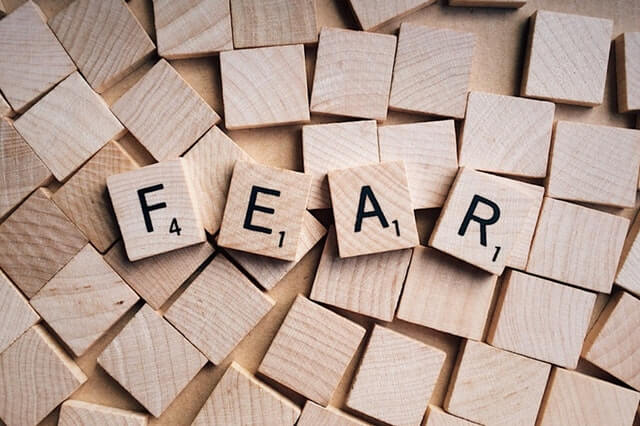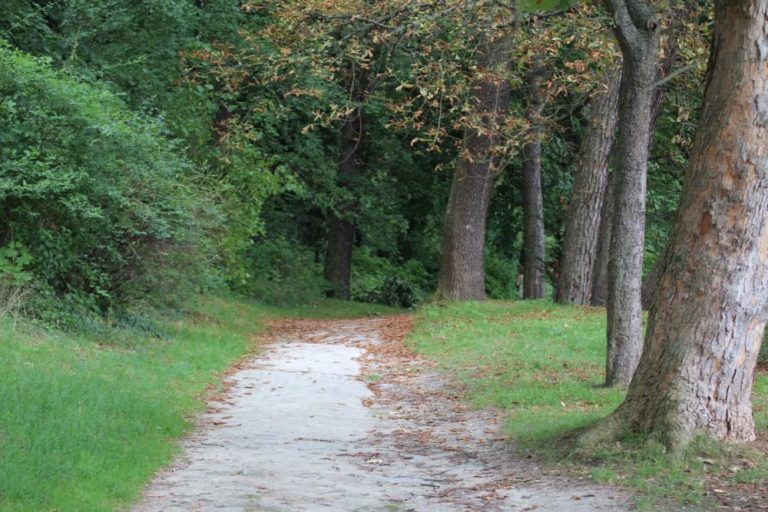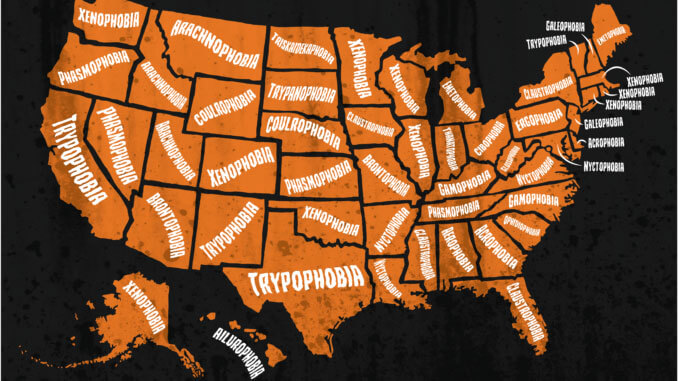Self-Esteem vs. Self-Confidence: Key Differences and Why Both Matter
Self-esteem is how you value yourself, while self-confidence is what you believe you can do. Understanding both can help you thrive.

Self-esteem is how you value yourself, while self-confidence is what you believe you can do. Understanding both can help you thrive.

Narcissistic traits include arrogance, manipulation, and a sense of entitlement. Here’s how to spot the signs (and what to do about it).

FYI, it’s time to ditch the unnecessary guilt.

Fantasy feels good—until it doesn’t.

Healing takes times and ups and downs are a normal part of the process.

Explore ten simple strategies to clear mental clutter and reset your focus for better clarity.

Dance your way through the blues—literally. Here’s how moving to the beat can help reduce depressive symptoms and boost your mental health, backed by science.

Guilty pleasures are defined as things we love but feel bad about loving because they are not particularly well-regarded (or even seen as socially unacceptable). These things bring us joy but might be considered low-brow, embarrassing, or shameful. As a result, we might keep these guilty pleasures to ourselves and only enjoy them in secret….

Love flowers? Then you might be an anthophile. Learn what it means and why it can be beneficial.

A nephophile is someone who has a deep appreciation for clouds. This term describes individuals who find joy and fascination in observing the diverse shapes, colors, and movements of clouds in the sky. In this article, we’ll explore what it means to be a nephophile and why clouds hold such allure for those who identify…

Rain, rain, go away. When clouds gather, so does the intense dread for those with ombrophobia—a lesser-known anxiety that can control everything from weekend plans to mental health.

Stress is an inevitable part of everyday life. It often feels like something we can’t avoid–and sometimes it might feel like something we are powerless to do anything about. We know we are going to experience stress, and the truth is that there are times when we can do little to avoid it. What we…

A psychological stressor refers to any event, situation, or condition that triggers a stress response in an individual. These stressors can be external (such as work pressure, financial difficulties, or relationship problems) or internal (such as self-doubt, perfectionism, or negative self-talk). They can also be acute, like a sudden traumatic event, or chronic, like ongoing…

Just as physical health is about more than being free of illness, mental health is about much more than the absence of mental disorders. It includes psychological, social, emotional, cognitive, and behavioral factors. It involves your ability to manage stress, make decisions, get along with others, and enjoy your life. Your psychological well-being can have…

Everyone has fears, but when these fears become so overwhelming that they interfere with normal functioning they become known as phobias. It can be helpful to look at a list of phobias to get a better appreciation for the enormous variety of objects and situations that can become a source of anxiety and fear. The…

Meditation is popular practice linked to a number of health benefits. One study suggests that mind-wandering during meditation can lead to deeper thinking. Meditation and Your Brain Brain Activity During Different Types of Meditation Researchers have demonstrated that meditation can have a wide range of benefits. Some of the key benefits linked to meditation include: There…

Resilience is your ability to bounce back from adversity and trauma. This quality is the key to being able to handle what life throws at you. Resilient people are better able to manage stress, deal with challenges, and carry on even when the obstacles seem insurmountable. There will always be challenges in life, some harder…

It’s no secret that your environment can play a crucial role in both your physical and mental health. One new study suggests that living near a forest is linked to a healthier brain structure. How Nature Impacts the Brain The study, published in Scientific Reports, examines how proximity to nature impacts the brain. Previous research…

What is the biggest phobia that you face? Phobias are one of the most common types of mental disorders. According to the National Institute of Mental Health, around 12.5% of U.S. adults experience symptoms of one or more specific phobias during their lifetime. The American Psychiatric Association reports that phobias are the most common psychiatric…

Boost your mindset with these three effective positive thinking techniques. Learn how to embrace optimism and approach challenges with confidence.